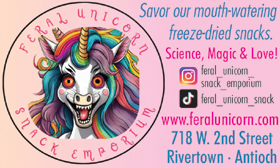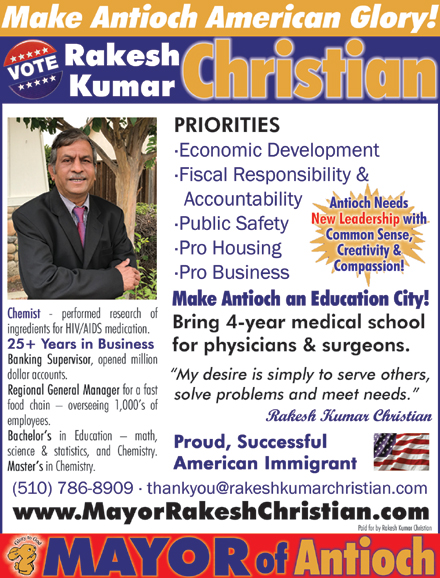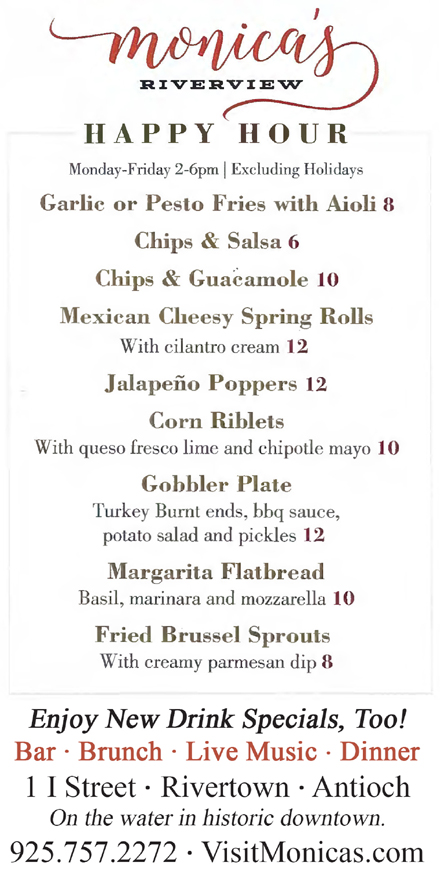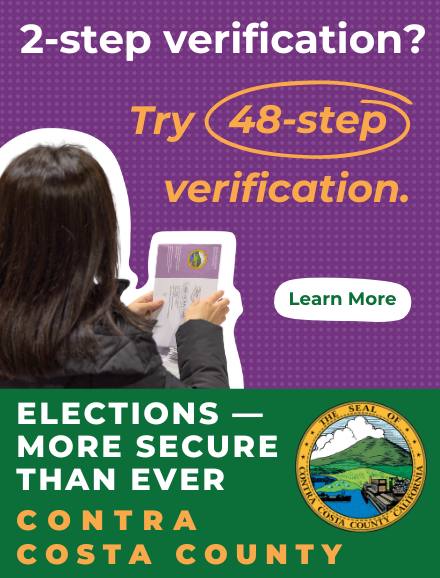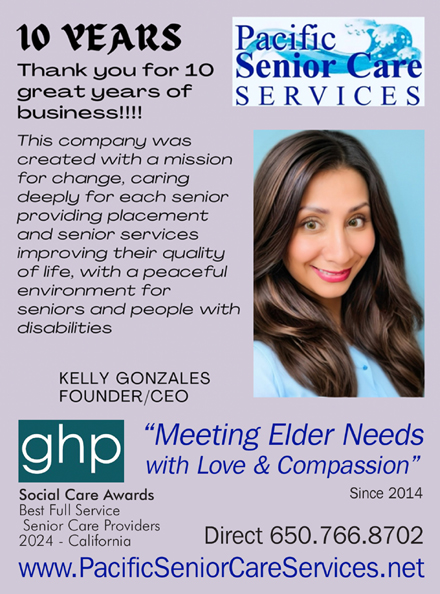May is Mental Health Awareness Month: Friendship is good medicine
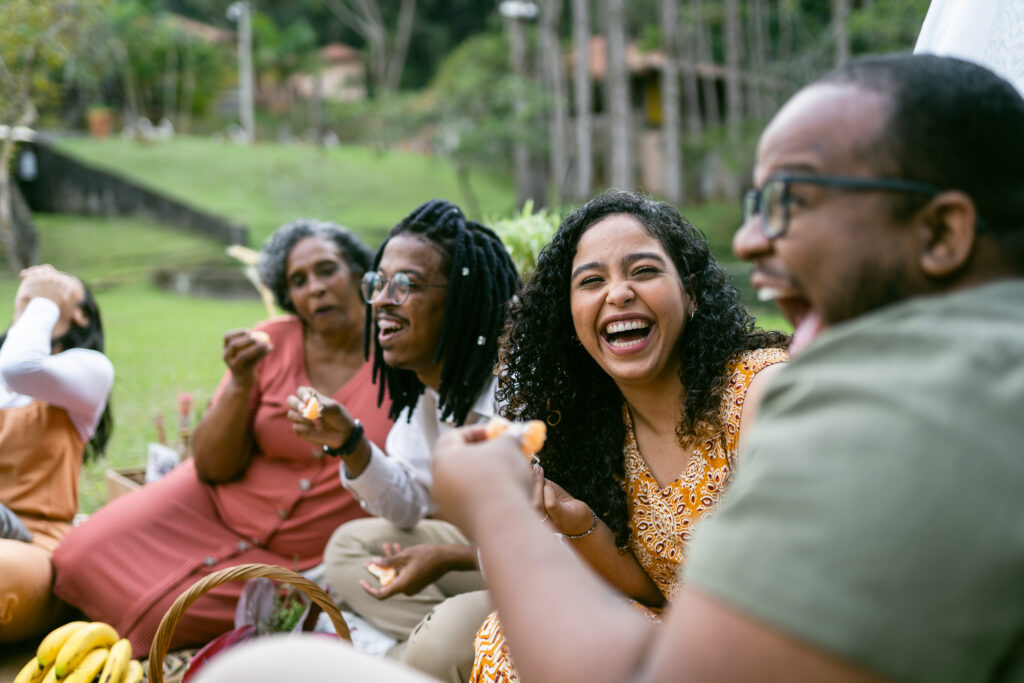
Loneliness and isolation contribute to health risks including insomnia, anxiety, depression, and even a shorter life span.
Finding and nourishing friendship is the remedy.
By Lynn Mundell, Senior Manager, Writers and Copywriters, Kaiser Permanente
In early May, U.S. Surgeon General Vivek Murthy, MD, released an advisory addressing the “epidemic of loneliness and isolation” affecting the country and laying out a plan for advancing social connection.
While the news may have surprised some, Jessica Johnson, a licensed clinical social worker at the Kaiser Permanente Walnut Creek Medical Center, has seen the topic of loneliness arising more frequently in her practice.
Loneliness and isolation contribute to a range of health risks.
“Patients at our clinic are complaining of anxiety or depression, but not realizing how their basic social isolation is playing a huge part in that.”
Missing friendships
According to Johnson, the 2020 pandemic that started with shelter-in-place disrupted friendships. Over the ensuing years, people moved away, changed jobs or retired, began virtual classes and workdays, or withdrew from their social lives due to health concerns.
“As a result, people haven’t always had opportunities to build friendships or even maintain some of the friendships they already had,” she said.
Johnson said this shift has resulted in a lack of companionship for people of all ages, from new college students isolated in dorm rooms, to those working from home.
“Statistically we’ve seen that many of us really have our strongest friendships from our school days or through the workplace,” she said. “But when the pandemic hit, we lost that structure and connection.”
“Johnson added that seniors are also struggling to transition to a more virtual world, due to inexperience with technology.
“Most senior are not working anymore, and they often don’t have access to the virtual world that the rest of us do. Isolation and loneliness for them is tenfold.”
Making friendships
While it would be natural to blame the pandemic for the shift in friendships, the share of people saying they have no close friends at all went from 3 percent in 1990, to 12 percent in 2021, according to the World Economic Forum.
It may be difficult to pinpoint all of the reasons behind the decades-long decline, and instead more constructive to coach people in friendship-making. Johnson has a number of practical ideas.
- Reach out
Haven’t heard from a friend in a while? Pick up the phone and say hello. Schedule regular calls with loved ones. If everyone is comfortable, schedule a trip to catch up in person. “Who in your life offers you comfort, validation, or recognition?” Johnson asked. “Those are the people to seek out.”
- Take the lead
Invite a new or old friend to lunch. Organize a neighborhood block party, book group, or crafting circle. “We’re all hungry for some more social interaction,” Johnson said. “It’s OK to be the one who initiates it, because more than likely the person you’re asking is also really in need of a friend.”
- Get out there
Friendships can be founded on shared interests. Take a class or volunteer in your community. After you make a new friend, initiate a coffee date. Johnson said if you have social anxiety, ask questions. “People love to talk about themselves.”
- Ask for help
“Sometimes the people in your life can’t give you direction or don’t know the answers,” Johnson said. If you’re lonely and having difficulty connecting with others, she recommends support and therapy groups — another place where she has seen friendships grow.
Johnson said friendships matter, for what they do for us and for how they make us feel.
“Friends give us access to others, to resources, and to opportunities from work to dating,” she said. “We are hardwired to feel, be seen and heard, and to be valued. A good majority of our most important relationships are with our friends.”
the attachments to this post:



